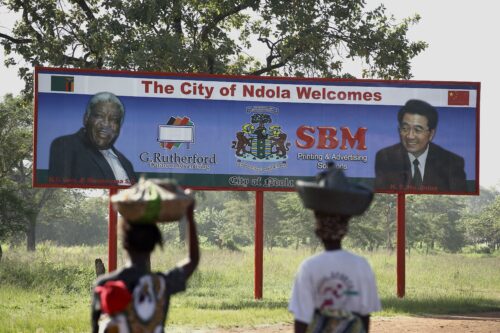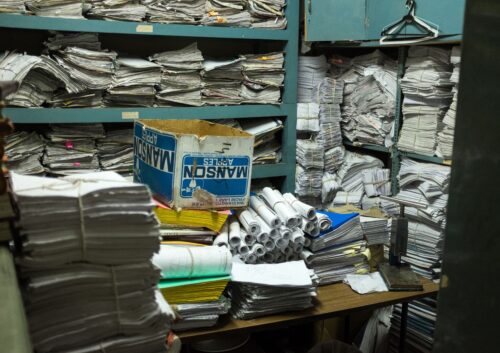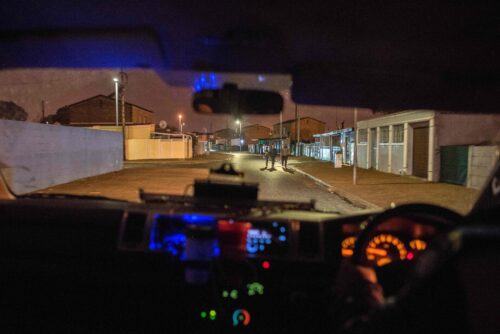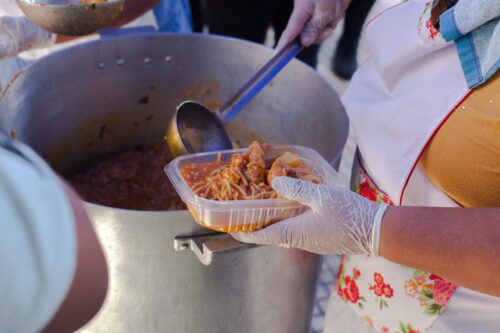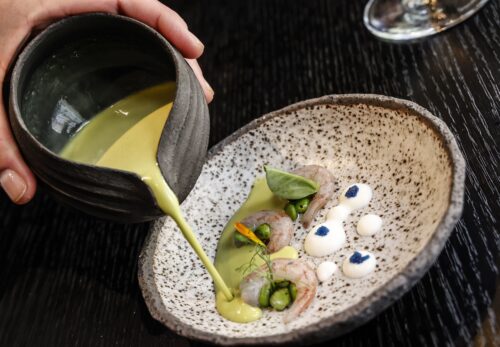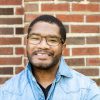Maize and Okra

I saw big momma once,
seated in a wooden chair with hair
braided all the way
like if you look downriver, you could
imagine the chillin’ playing—
after the grownups
came together
under moonlight,
sneakin’ off into freedom
into love, where maize
grew right next to okra.
Family say we have “Indian”
somewhere too far back to name.
That there is a place
down in the Black Swamp
[1]
[1]
A region of Marianna, Arkansas.
where we shared space
and stories about them finding us
near the creek, the land ours
for a time.
She was two years shy of a century
when we met, I was 5
and full of questions, her eyes
and crow’s-feet set deep within,
her voice a soliloquy
that spoke to when the Creeks
[2]
[2]
Members of the Muscogee (Creek) Nation helped members of my family escape to freedom.
took us someplace safe,
where families were made
like baskets weaved together
in shades of black and red,
back then something sacred
was shared we had people.
Knew that kin didn’t always mean blood
that because of them,
we made it out the mud of it down yonder
’til we came on up. The fields open
with no one to tell us
when to till our fields
but our elders, them alone, only them
only us.
